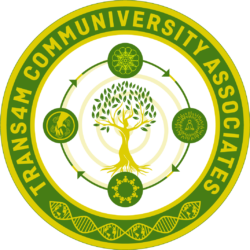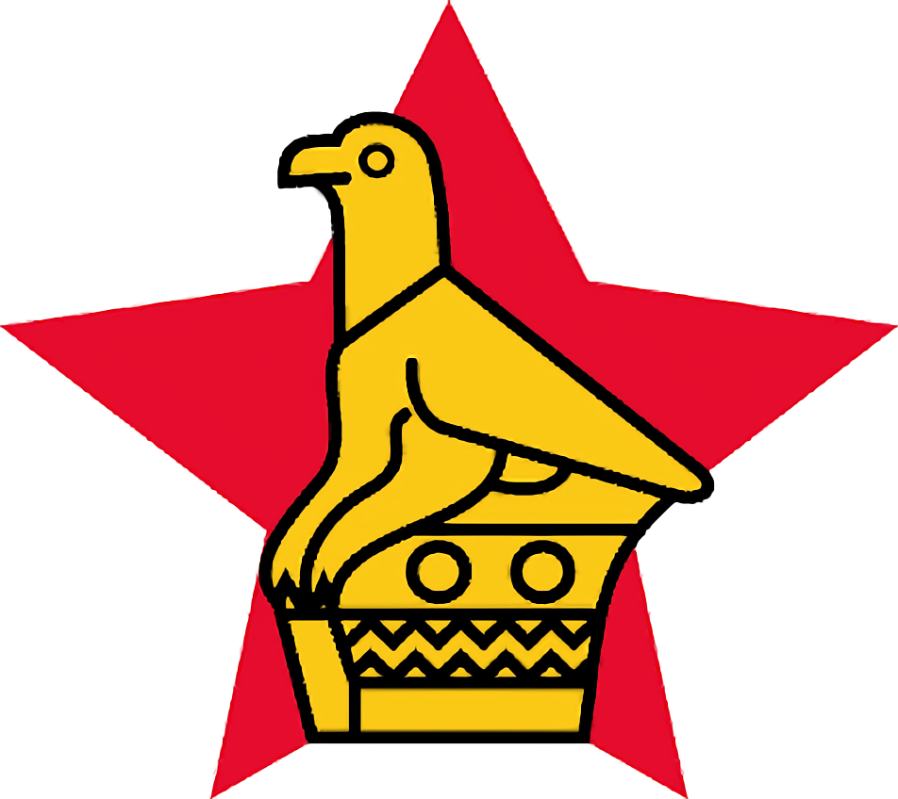One of us, Samanyanga, is a longstanding student of both economics and business administration, at such illustrious academic institutions as the London School of Economics (LSE) in the UK and Harvard Business School (HBS) in the U.S., as well as formerly at the then (in the 1960s) University College of Rhodesia and Nyasaland (UCRN), had come to the conclusion that business and economics – at least each in their conventional form, and Africa, just don’t meet. For while Africa was rooted in nature and community lodged in the “south”, the LSE, HBS, and indeed the colonially based UCRN, were founded upon so-called economic and management science lodged in the “west”.
It was then that his long journey began, as an “academic researcher”, to find the local, African, de-colonized “southern” alternative, if not also the “eastern” and “northern” one. For like the noted political economist John Maynard Keynes, Samanyanga too reckoned, despite the prevailing belief that business and academe don’t meet, that “there is nothing so practical as a good theory”. As such, he started out in the 1970s, after his formal business and economic education, informally researching depth psychology, philosophy – including culture – and spirituality, from all four corners of the globe.
Interestingly enough, his route into the culture at the time, a subject that had become very dear to Samanyanga-Ronnie’s Afro-European heart (being born in Africa, of Central European parentage in an English colony, Rhodesia), as a backdrop to business and economics, had been via philosophy and psychology, not anthropology. Somehow anthropology was still too alien to his conventional LSE, HBS, and UCRN heritage, in both academic and business guises, as we shall see.


